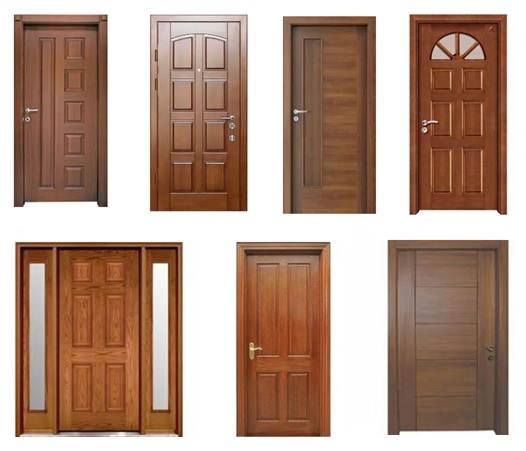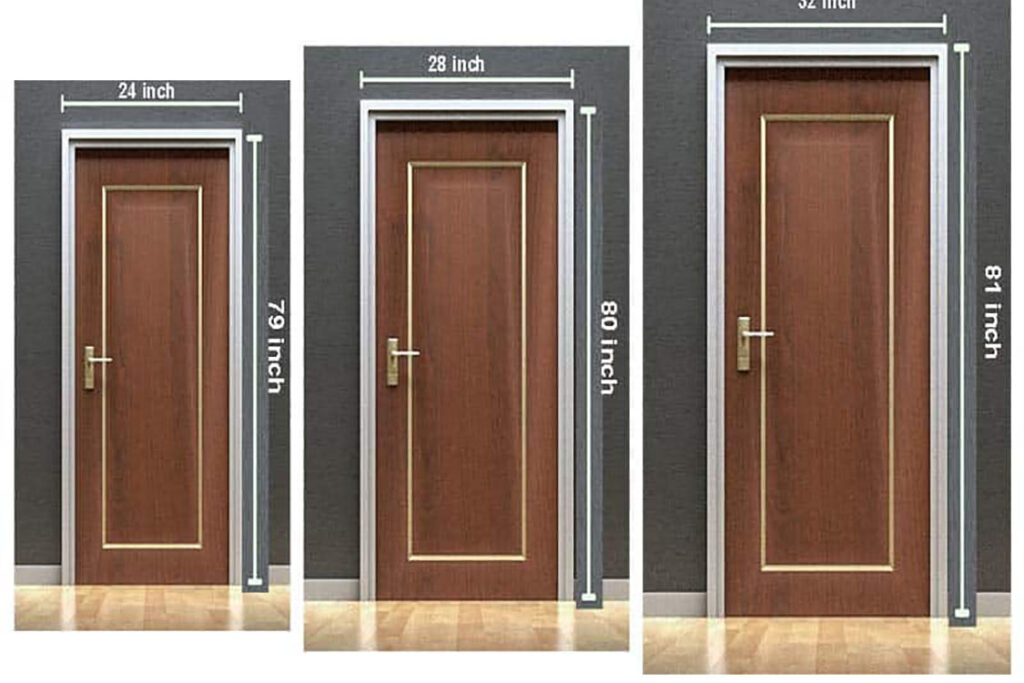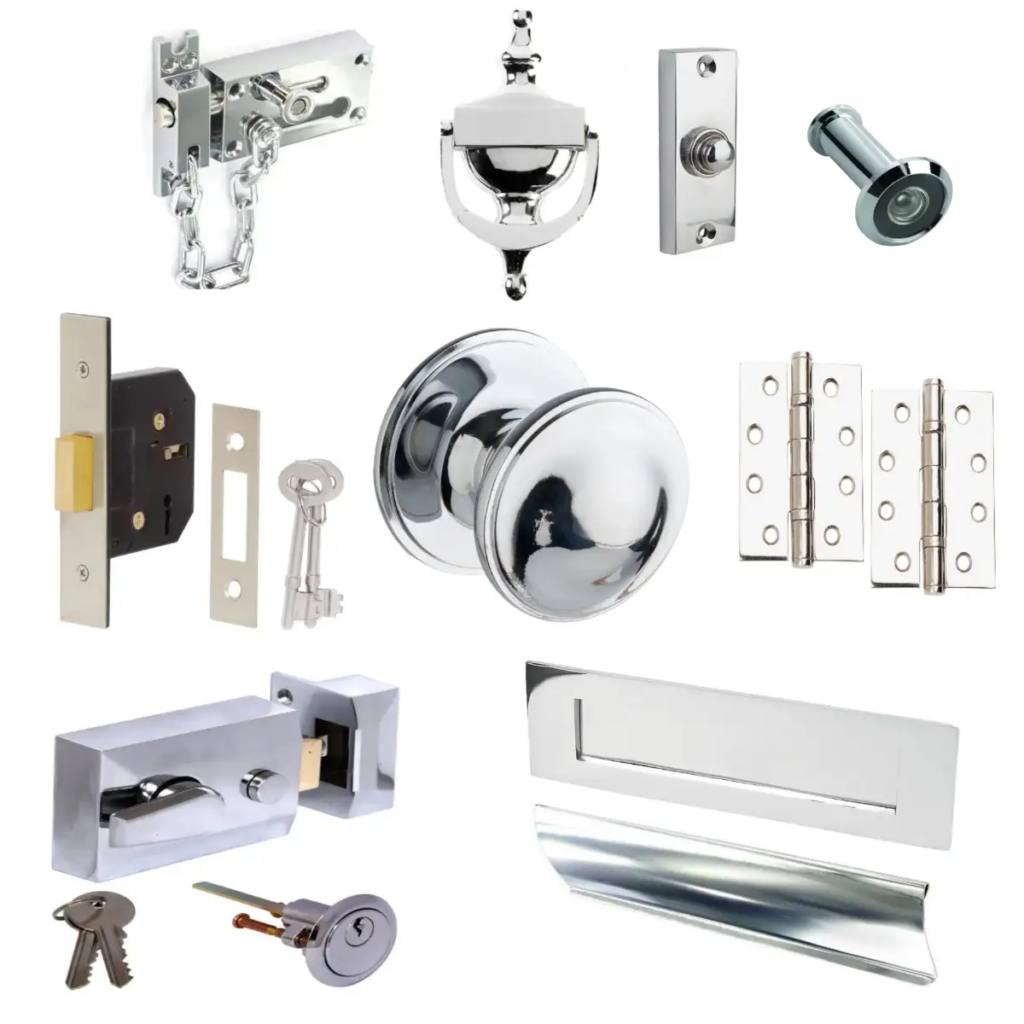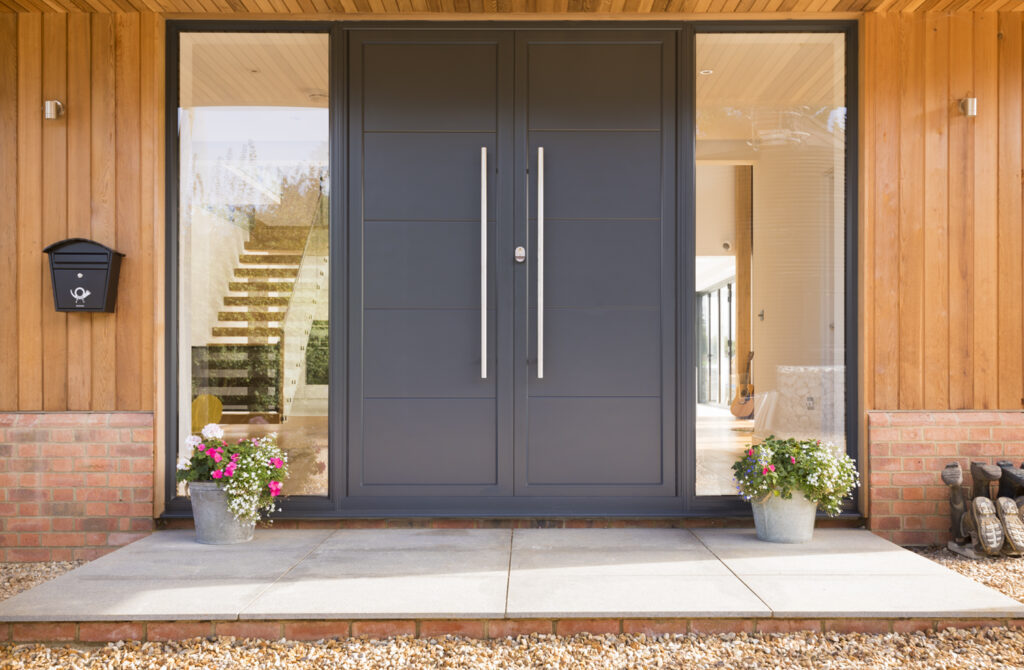Replacing a door can enhance your home’s aesthetics, security, and energy efficiency. However, the cost of door replacement varies widely based on several factors. Understanding these elements can help you budget effectively and make informed decisions.
1. Type of Door
The type of door you choose significantly influences the overall replacement cost. There are various types of doors available, including wooden, fiberglass, steel, and vinyl. Wooden doors, while aesthetically pleasing and offering good insulation, tend to be among the most expensive options due to the cost of materials and craftsmanship. Fiberglass doors are increasingly popular for their durability and energy efficiency, and they can often be found at mid-range prices.

Steel doors are a budget-friendly option, offering great security and insulation. However, they may not have the same visual appeal as wooden doors. Vinyl doors are typically the most affordable but may not offer the same level of durability or insulation as other materials. Each type comes with its own set of advantages and disadvantages, influencing not just the initial cost but also long-term maintenance expenses.
2. Door Size
The size of the door plays a crucial role in determining replacement costs. Standard-sized doors are typically more affordable and easier to install as they fit existing frames without much modification. However, if you have a custom-sized door or require a larger entryway, the costs can increase significantly. Larger doors may require additional framing, more material, and specialized labor, all of which add to the total expense.

Additionally, smaller doors for closets or utility spaces may be less expensive, but if you are considering a door that deviates from standard sizes, expect to pay a premium for both the door itself and the installation modifications needed.
3. Door Style
The style of the door you choose can also affect the price. Simple, flat-panel doors are generally more affordable than intricate designs featuring multiple panels, glass inserts, or custom carvings. For instance, a basic slab door will cost significantly less than a decorative door with sidelights or transoms.
Specialty doors, such as sliding patio doors or French doors, can also increase costs due to their unique mechanisms and the additional materials required. The style you choose should complement your home while also aligning with your budget, as intricate designs often require more time and craftsmanship, resulting in higher labor costs.
4. Material Quality
The quality of materials used in your door replacement can make a substantial difference in cost. High-quality materials are more durable, energy-efficient, and offer better security, but they come at a higher price. For example, solid wood doors are more expensive than hollow-core doors, but they provide better insulation and longevity.
In contrast, lower-quality materials may save you money upfront but could lead to higher costs down the line due to frequent repairs or replacements. When selecting materials, consider both the initial cost and the long-term value to ensure you make a wise investment.
5. Hardware and Accessories
The hardware and accessories associated with your door replacement can also contribute to the overall cost. This includes hinges, handles, locks, and any additional security features. Basic hardware can be relatively inexpensive, but if you opt for high-grade locks and stylish handles, expect to pay more.

Moreover, if you’re replacing an exterior door, you may want to invest in a high-security deadbolt or smart lock, which can add to your expenses. Don’t overlook the importance of quality hardware, as it can enhance the door’s function and security, ultimately affecting the door’s lifespan.
6. Removal and Disposal of Old Doors
When replacing a door, you may incur additional costs for the removal and disposal of the old door. Many contractors include this in their installation fee, but it’s essential to clarify this aspect before finalizing your contract. If you attempt to remove the door yourself, consider potential disposal costs at your local waste facility.

In some cases, you might want to donate your old door if it’s still in decent condition. This can save you disposal fees and is an environmentally friendly option. However, if you choose to hire professionals, ensure that removal and disposal fees are included in the total cost estimate.
7. Labor Costs
Labor costs for door replacement can vary widely depending on your location, the complexity of the installation, and the contractor’s experience. In urban areas, skilled labor can be more expensive, while rural locations may offer lower rates.
Installation complexity is also a factor; if your door requires extensive framing or structural modifications, labor costs will naturally increase. Always obtain multiple quotes from contractors and check their references. A skilled installer can help ensure that your door functions correctly and looks great, potentially saving you money on future repairs.
8. Energy Efficiency
Energy-efficient doors can save you money on heating and cooling costs over time, but they may come with a higher upfront cost. Look for doors with energy-efficient ratings, such as those with Energy Star certification. These doors typically feature advanced insulation materials, which can help maintain your home’s temperature.
While the initial investment might be higher, energy savings can offset this cost within a few years. Additionally, energy-efficient doors often come with warranties, providing peace of mind regarding their durability and performance.
9. Weather Resistance
If you live in a region with extreme weather conditions, selecting a door that offers weather resistance is vital. Doors designed to withstand heavy rain, snow, or high winds can be more expensive due to the advanced materials and technology used in their construction.
Investing in weather-resistant doors not only protects your home from damage but can also contribute to energy efficiency. They help maintain indoor temperatures and can prevent drafts, thereby reducing heating and cooling costs.
10. Customization Options
Customization can significantly affect door replacement costs. If you wish to add unique features like decorative glass, custom finishes, or specific hardware, you should expect to pay more. Customization allows you to tailor the door to your home’s style, but it can also lead to higher material and labor costs.
Before settling on a customized door, weigh the benefits against the costs. If budget constraints are a concern, consider off-the-shelf options that still provide aesthetic appeal without the hefty price tag of custom doors.
Conclusion
Replacing a door involves various considerations that can significantly influence costs. From the type and size of the door to the quality of materials and labor expenses, understanding these factors is crucial for effective budgeting. Energy efficiency, weather resistance, and customization options can also impact the overall investment.
Choosing the right door is not just about aesthetics; it’s about enhancing security, energy efficiency, and the overall value of your home. By taking the time to research and evaluate your options, you can make informed decisions that align with your budget and needs. The right door replacement can lead to long-term benefits, making it a worthwhile investment for your home.
FAQs
1. How long does door replacement usually take?
Typically, door replacement can take anywhere from a few hours to a full day, depending on the complexity of the installation and any modifications needed for the frame.
2. Can I replace a door myself, or should I hire a professional?
While DIY door replacement is possible for those with basic skills, hiring a professional is recommended for best results, especially if structural changes are needed.
3. What is the average cost of door replacement?
The average cost for door replacement can range widely, often between $500 to $2,500, depending on factors like material, size, and labor in your area.
4. Are there any additional costs I should consider when replacing a door?
Yes, additional costs may include hardware, removal and disposal of the old door, and potential structural modifications, so it’s wise to budget for these extras.
5. How can I find a reliable contractor for door replacement?
To find a reliable contractor, check online reviews, ask for recommendations from friends, and obtain multiple quotes to compare pricing and services offered.